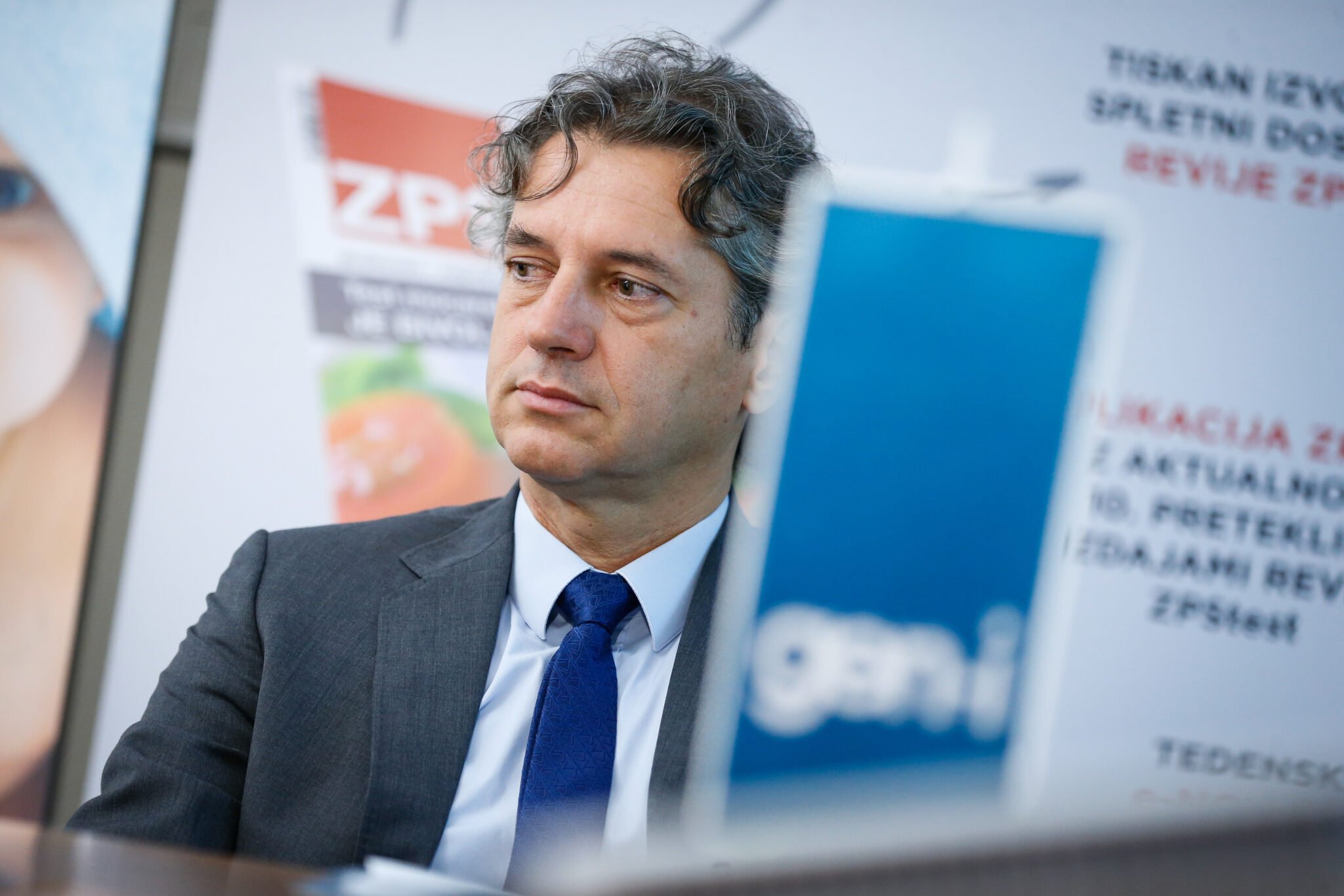By: Gašper Blažič
Last week, the National Assembly passed an amendment to the Parliamentary Inquiry Act with 47 votes in favour and 27 against, which brings greater protection for those under investigation. Today, the deputies only voted on the amendment, as they had already discussed it in an extraordinary session in mid-May but did not decide on it at that time due to the NSi’s request for a consultative referendum.
It is clear that the adoption of this amendment, which the National Council vetoed, was mainly intended to protect Robert Golob and his Gibanje Svoboda party from a parliamentary inquiry into the illegal dealings of both Golob and Gen-i during Golob’s tenure as the head of the mentioned company. This period was between 2006 and 2021, when Golob’s mandate expired and was not extended by the supervisory board.
Golob as a Multifunctionary
Let’s recall how Gen-I was created. Robert Golob was the State Secretary for Energy in two of Drnovšek’s governments, first in 1999 and 2000 at the Ministry of Economic Affairs under Tea Petrin, and then at the Ministry of the Environment and Spatial Planning under Janez Kopač. During this time, he was also a member of LDS. In 1999, he prepared a new energy law that led to the demonopolisation of the electricity market. However, he used his position to prepare the ground for semi-private electricity dealings. He attempted to establish full political control over Eles, especially after the return of LDS to power following the Bajuk government, which led to massive personnel changes. Even then, some media noted that Golob was a multifunctionary, serving on up to seven supervisory boards simultaneously. However, he did not immediately return to the position of State Secretary, which happened only in 2001.
In 2002, after Igor Bavčar’s unsuccessful bid for party president at the LDS congress, where Anton Rop succeeded Janez Drnovšek, Bavčar took over Istrabenz, and Golob left active politics but maintained his political connections, particularly at the local level with his list. He founded his company Strela-G, which focused on renewable energy sources and investments, but without significant success. At the end of 2002, Istrabenz bought Golob’s company Strela-G, investing nearly a million euros and renaming it Istrabenz Energy Systems. Bavčar appointed Golob as the director. In early 2004, Bavčar found another partner, Velenje-based Gorenje. Istrabenz and Gorenje established a joint venture, Istrabenz-Gorenje (Iges), with the primary goal of trading electricity, and Golob was the director.
From Bavčar to Janković
After the end of Rop’s rule, the state company Gen Energija, owner of the Slovenian half of the Krško nuclear power plant, bought half of Istrabenz-Gorenje (Iges) from Istrabenz-Gorenje Energy Systems in October 2006. Iges was then renamed Gen-I, headquartered in Krško. Golob became the president of the management board and remained in that position until autumn 2021, when his mandate was not extended by the supervisors, according to the portal Moja Dolenjska. During the first Janša government, there was a significant personnel change at Mercator, where Zoran Janković was removed as chairman of the board and later successfully ran for mayor of Ljubljana. At that time, Golob apparently switched sides, withdrew support from Bavčar, and aligned himself with Janković. He even became a functionary of Janković’s Positive Slovenia. After the Pahor government came to power, Bavčar was first removed from Istrabenz and later sentenced to prison. Unlike Bavčar, Janković was never held accountable for anything. It is worth noting that two people are primarily responsible for Janković’s political rise. The first is Milan Kučan, and the second is the aforementioned Anton Rop, who on one occasion personally reminded Janković that it was he (Rop) who installed him. “Politics appointed you; I appointed you!” Rop told him.
Golob remained a pragmatic and politically unaligned electricity trader. As Boris Tomašič, director of Nova24TV, said in an interview a year and a half ago, Golob sought refuge at Nova24TV during a time when he was already facing criticism, although there were no signs yet that he was chosen as the “new face”. This indicates that Golob was already having problems with his political patrons, who likely blackmailed and threatened to expose his dirty dealings, influencing subsequent events.
He adopted the extremist rhetoric from the Levica party
Later, as Golob was transitioning into a new party of “new faces” (Leben’s Z.DEJ or Green Actions, which became the Gibanje Svoboda), he became politically radicalised. His rhetoric sometimes resembled that of Miha Kordiš from the Levica party. He demonstrated this with actions, such as deciding to destroy Nova24TV and the weekly Demokracija, where Gen-I had even advertised under his leadership. Many analysts believe that Golob’s last major turnaround was also related to his skeletons in the closet. Therefore, his patrons are protecting him and trying to prevent a parliamentary inquiry at all costs. Recently, they insisted that the investigative commission be led by a member of Svoboda, Tomaž Lah, and then the parliamentary coalition majority passed an amendment to protect those under investigation. The National Council vetoed this amendment, and it appears that the deputies will decide on it after the parliamentary recess. At least 46 votes are needed to pass the law, which should not be a problem, as the law was already passed with 47 votes in the first round.
A detailed analysis of Golob’s turnarounds and potential consequences in the coming months will be published next week in the print edition of Demokracija. Stay tuned!
